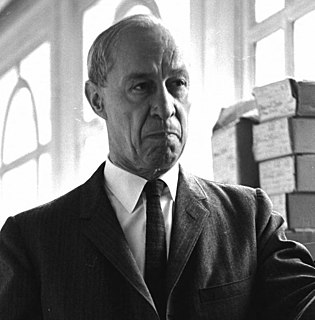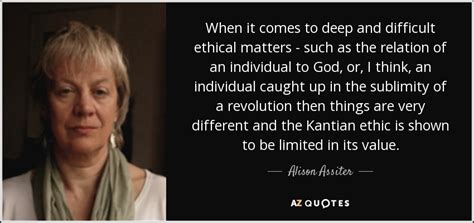A Quote by Joel Miller
The more government does, the greater chance that its efforts will be tilted toward a particular group's good, instead of the common good.
Quote Topics
Related Quotes
Conversations are efforts toward good relations. They are an elementary form of reciprocity. They are the exercise of our love for each other. They are the enemies of our loneliness, our doubt, our anxiety, our tendencies to abdicate. To continue to be in good conversation over our enormous and terrifying problems is to be calling out to each other in the night. If we attend with imagination and devotion to our conversations, we will find what we need; and someone among us will act—it does not matter whom—and we will survive.
We also need to find a language capable of defending government as an element of the common good, one that does not define itself as both a punishing and corporate state. This is not merely a matter of redefining sovereignty, but also rethinking what is distinctive about the social state, social responsibility, and the common good.
That man is good who does good to others; if he suffers on account of the good he does, he is very good; if he suffers at the hands of those to whom he has done good, then his goodness is so great that it could be enhanced only by greater sufferings; and if he should die at their hands, his virtue can go no further: it is heroic, it is perfect.
It is not given to us to know which acts or by whom, will cause the critical mass to tip toward an enduring good. What's needed for dramatic change is an accumulation of acts, adding, adding to, adding more, continuing. We know that it does not take 'everyone on Earth' to bring justice and peace, but only a small, determined group who will not give up during the first, second, or hundredth gale.
But that's kind of an easy stance to be if you're a humor columnist, because you're tending to make fun of the government and the powerful. I'm sort of a soft-core libertarian in that my compass is generally pointing away from 'Let's let the government do this' Does it matter to me that it's Democrats who think we need more elaborate programs that involve shifting money from one group to another group or it's Republicans saying we need to take a harder look at what kinds of things people are watching on cable TV? Neither one of those things strikes me as a good idea.
The left wants you to believe that true morality is defined by how much money you give the government, how much money you pay the government, how much money the government gets from you, because only the government does good stuff, only the government does good works, only the government cares about people. It's bogus.





































